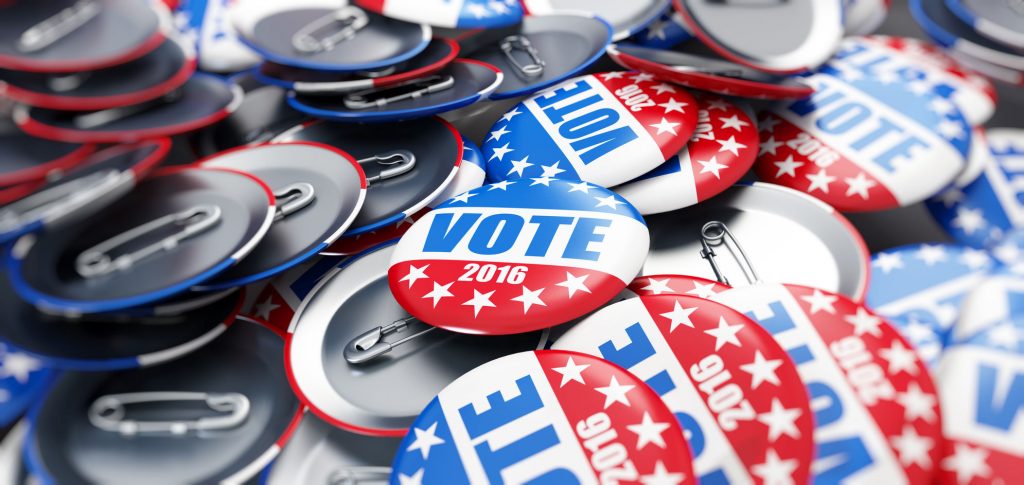
In August, North Carolina, Texas, Wisconsin and Kansas have amended state laws that restricted voting rights. This wave of legislative reform is in response to judicial decisions enjoining laws that discriminated against African American voters.
North Carolina
The Fourth Circuit Court of Appeals voted unanimously in a three judge panel to bar laws that would have required voters to produce a driver’s licence to vote. A significant portion of African Americans in North Carolina do not have driver license IDs, and instead carry government issued public assistance IDs. However, the law that was at issue would not have allowed these types of IDs to be accepted to register to vote. Additionally, the law wouldn’t allow same-day voter registration, and no longer provided pre-registration for 16 and 17 year olds. It is speculated that legislature specifically sought to restrict the voting methods used by African Americans (which are statistically more likely to vote Democratic) after a large voting turnout in 2008 and 2012. New laws limiting voting rights in North Carolina were enacted in 2013.
Judge Diana Gribbon Motz wrote, “The new provisions target African Americans with almost surgical precision and impose cures for problems that did not exist.”
Texas
The Fifth Circuit Court of Appeals ruled certain new Texas voter ID laws unconstitutional in a 9-6 ruling. Eliminating these ID restrictions will allow an estimated 600,000 people to vote, according to USA Today. Texas congressmen who attempted to defend the law claimed that it was enacted to defend against voter fraud and the fact that many minorities did not have IDs used to verify voters was coincidence.
However, Judge Catharina Haynes wrote, “The record shows that drafters and proponents of SB 14 were aware of the likely disproportionate effect of the law on minorities, and that they nonetheless passed the bill without adopting a number of proposed ameliorative measures that might have lessened this impact.”
Kansas
A Kansas law that required potential voters to prove citizenship before registering to vote was recently found to be unconstitutional. Nearly 18,000 people will be able to vote because of this ruling. US District Court Judge Julie Robinson, who gave the order to have Kansas DMV register Kansas voters, wrote “On this record, the Court cannot find that the State’s interest in preventing noncitizens from voting in Kansas outweighs the risk of disenfranchising thousands of qualified voters.”
Wisconsin
US District Court Judge James Peterson wrote a 199 page ruling against a voter ID law similar to North Carolina’s prior law. The change should broaden the types of acceptable voter IDs. Judge Peterson wrote in his ruling “To put it bluntly, Wisconsin’s strict version of voter ID law is a cure worse than the disease.”
The Problem With the Voter ID Laws in Question
There were several problems with the voter laws that were found to violate the US Constitution. While the lawmakers who pushed for and enacted these laws argued that they would prevent voter fraud, there is little evidence that voter fraud is a real problem in the US. The legislators that actively pushed for these voting restrictions were all conservative Republicans and the laws all made it more difficult for minorities (who tend to vote Democratic) to vote. In effect, the laws were shown to be a pretense to reduce minority turnout at elections and hence to increase the number of Republican elected officials.
John Oliver explains it in this video: https://www.youtube.com/watch?v=rHFOwlMCdto



Leave a Comment